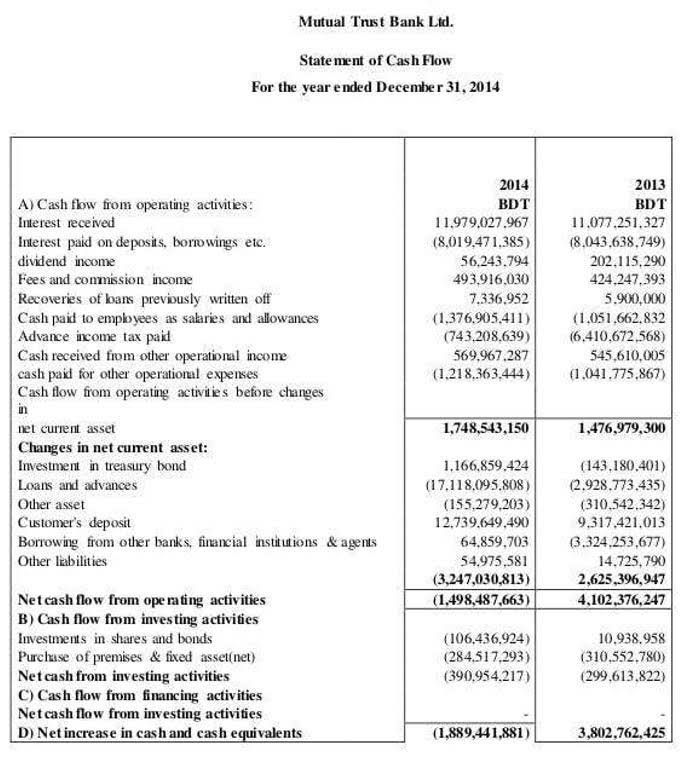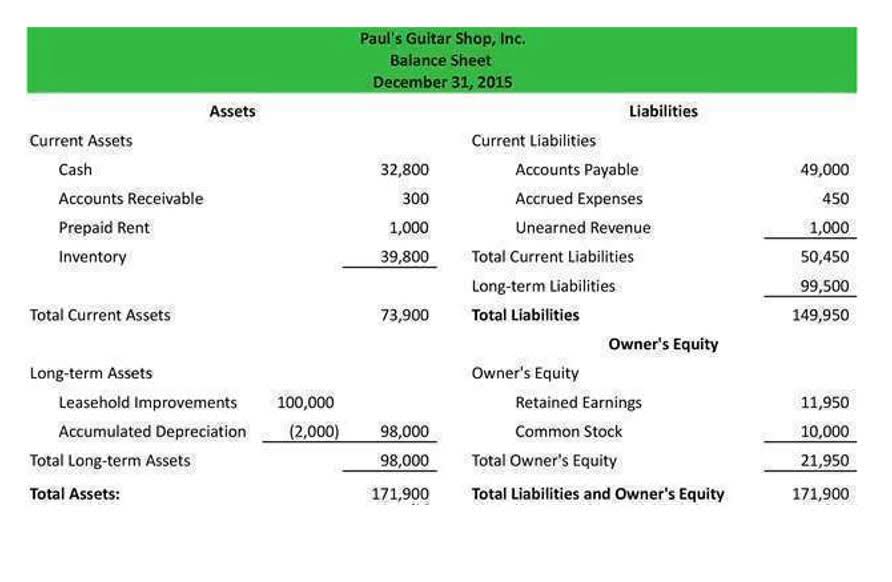3 4: Basic Accounting Principles Business LibreTexts

There are also differences in some of its rules, such as their treatment of research and development costs. However, under IFRS, these costs are capitalized and amortized cash flow over multiple periods. GAAP is used by accountants and other financial professionals to compile financial statements for companies. It is also used by investors and analysts to compare the financial statements of different companies. The company should record accounting transactions in the same period it happens, not when the cash flow was earned. As per the accrual principle, the sales should be recorded during the period, not when the money would be collected.
- In other words, the amount allocated to expense is not indicative of the economic value being consumed.
- Financial statements are prepared with the assumption that the entity will continue to exist in the future, unless otherwise stated.
- Just upload your form 16, claim your deductions and get your acknowledgment number online.
- The income statement, statement of cash flows, statement of comprehensive income, and the statement of stockholders’ equity report information for a period of time (or time interval) such as a year, quarter, or month.
- IFRS rules are maintained, overseen, and updated regularly by the International Financial Reporting Standards Foundation.
Download our guide “Preparing Your AP Department For The Future”

While the rules established under GAAP generally improve the transparency in financial statements, they don’t guarantee that a company’s financial statements are free from errors or omissions meant to mislead investors. Always scrutinize financial statements, as there can still be room for manipulation within the framework of GAAP. While non-publicly traded companies aren’t required to follow GAAP, it is still highly regarded by lenders and creditors.
Generally Accepted Accounting Principles (GAAP): Definition and Rules
The going concern principle assumes that a company will continue to operate indefinitely unless there is substantial evidence to the contrary. It allows for the valuation of assets and liabilities as if the business will continue to operate, fostering realistic financial reporting. The economic entity principle distinguishes between personal and business finances. It treats the firm as a separate accounting entity, limiting the Legal E-Billing mixing of personal and corporate assets and liabilities and improving financial transparency. The conservatism principle directs accountants to be cautious in recognising potential gains, only recognising them when realised while recognising potential losses as soon as they are probable.
#1 – Accrual principle:

In addition to complying with US GAAP, corporations with capital stock that is traded on a stock exchange must also comply with some additional rules and communication required by the U.S. Regular U.S. corporations must also comply with federal and state income tax reporting regulations. The concept of materiality means an accounting principle can be ignored if the amount is insignificant. For instance, large companies usually have a policy of immediately expensing the cost of inexpensive equipment instead of depreciating it over its useful life of perhaps 5 years.
How Do Companies Implement GAAP in Their Financial Reporting?

If everyone reported their financial information differently, it would be difficult to compare companies. Accounting principles set the rules for reporting financial information, so all companies can be compared uniformly. Since accounting principles differ around the world, investors should take caution when comparing the financial statements of companies from different countries. The issue of differing accounting principles is less of a concern in more mature markets. Still, caution should be used, as there is still leeway for number distortion under many sets of accounting principles. Comparability is the ability for financial statement users to review multiple companies’ financials side by side with the guarantee that accounting principles have been followed to the same set of accounting definition standards.

International Financial Reporting Standards (IFRS)
- Historical cost is objective because an auditor, or anyone for that matter, could observe the receipt for the asset and come up with the same cost, which is, in fact, one of the tests that auditors perform on major assets.
- Furthermore, these rules help mitigate any fraud arising in the accounting process, thus making business finances transparent.
- Standardized accounting principles date back to the advent of double-entry bookkeeping in the 15th and 16th centuries, which introduced a T-ledger with matched entries for assets and liabilities.
- In addition, if Linda’s company was publicly held, she would be required to produce all of her financial statements at the same intervals.
- GAAP must always be followed by accountants and businesses when handling financial information.
Except for certain marketable investment securities, typically an asset’s recorded cost will not be changed due to inflation or market fluctuations. Accountants assume that a company’s ongoing complex business operations and financial results can be divided into distinct time periods such as months, quarters, and years. Accounting scandals such as Worldcom and Enron illustrate that, despite all these efforts, widespread fraud can still occur, and even be missed by the outside auditors.
Accounting principles help hold a company’s financial reporting to clear and regulated standards. In the United States, these standards are known as the Generally Accepted Accounting Principles (GAAP or U.S. GAAP). Companies required to meet GAAP standards must do so in all financial reporting or risk facing significant consequences. These principles are incorporated into a number of accounting frameworks, from which accounting standards govern the treatment and reporting of business transactions. While GAAP is the standard for financial reporting in the United States, IFRS is the standard used in over 167 jurisdictions worldwide.
The general guidelines and principles, standards and detailed rules, plus industry practices that exist for financial reporting. You should consider our materials to be an introduction to selected accounting and bookkeeping topics (with complexities likely omitted). We focus on financial statement reporting and do not discuss how that differs from income tax reporting. Therefore, you should always consult with accounting and tax professionals for assistance with your specific circumstances. In short, the company’s financial statements are more complete when the accrual method is used. For financial statements to be relevant they should be distributed as soon as possible after the end of the accounting period.